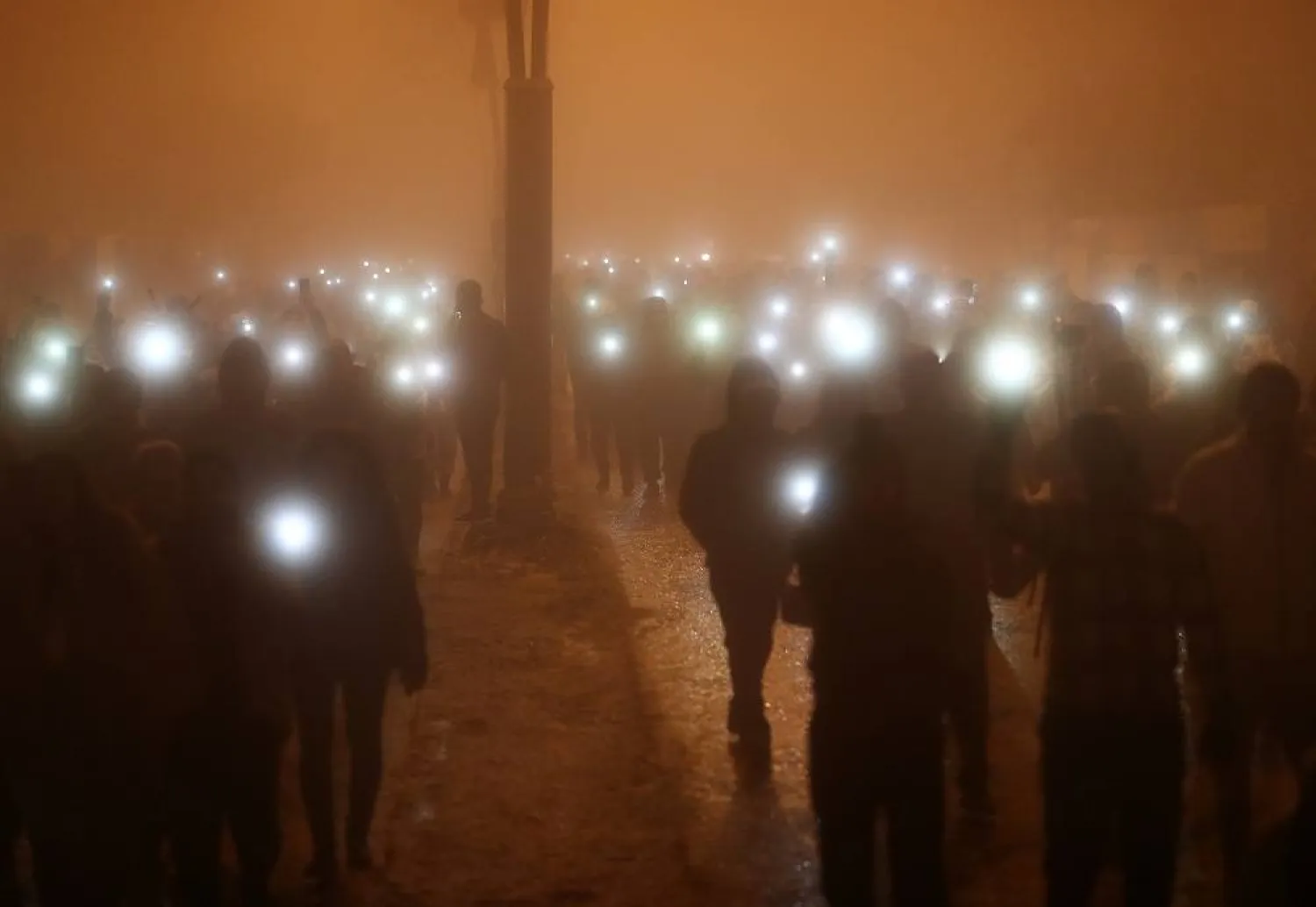Millions of people across Türkiye on Tuesday mourned the loss of more than 53,000 friends, loved ones and neighbors in the country's catastrophic earthquake a year ago.
To mark what it calls the “Disaster of the Century,” the government arranged a series of events to commemorate the one-year anniversary of the disaster in southern Türkiye.
In Antakya, the capital of the southern province of Hatay, angry crowds jostled with police as officials were led to the commemorations. Mayor Lutfu Savas was greeted with chants calling for him to resign, while Health Minister Fahrettin Koca was jeered and booed as he gave a speech.
Amid the fog by the Orontes River, people chanted “Can anyone hear me?” — echoing the voices of those buried under the rubble a year ago — and ”We won't forget, we won't forgive.”
After a moment of silence at 4:17 a.m. to mark the time the quake struck, carnations were tossed into the river in an act of remembrance and a local orchestra played a song to honor the victims.
Hatay, which lies between the Mediterranean Sea and the Syrian border, was the worst affected of the 11 southern provinces hit by the 7.8 magnitude quake. Including the 6,000 people killed in neighboring Syria, the quake left more than 59,000 dead.
Crowds in Adiyaman held a silent march, passing a clock tower that has shown the time of the earthquake for the past year.
President Recep Tayyip Erdogan will be in Kahramanmaras, the earthquake’s epicenter, to inspect the work being done to rebuild the city and rehouse thousands of people who remain in tents and pre-fabricated containers.
He also will take part in handing over completed homes to survivors, and then spend the rest of the week touring other cities in the earthquake zone.
In a social media post, the president said the loss from the disaster “continues to burn our hearts as fresh as the first day,” adding: “Thank God, our nation has successfully passed this painful and historical test.”
Opposition politicians are also visiting the region, with the Republican People’s Party leader Ozgur Ozel attending the commemorations in Hatay before traveling to Gaziantep and Kahramanmaras.
Schools were closed for the day in many of the earthquake-affected provinces. In Malatya, the governor banned any marches or other public displays outside officially sanctioned events for three days.









